The government must not abandon workers, including vulnerable people forced to shield, as the coronavirus furlough scheme winds up, the head of the Trades Union Congress (TUC) has said.
Amid growing fears of mass layoffs, Frances O’Grady called on ministers to commit to be “flexible” on plans to taper the job retention scheme, which has seen the state pay the wages of nearly 9 million workers.
In an interview with The Independent, Ms O’Grady said it would be “a crime” to see hard-hit industries fail due to a “rigid approach” to winding up state support.
Download the new Independent Premium app
Sharing the full story, not just the headlines
She also called on the government to commit to exempting people who are shielding at home from strict deadlines preventing new applications to the furlough scheme after 10 June.
Labour has warned that the deadline means anyone diagnosed with a condition after 10 June will not be eligible for furlough, despite being forbidden from going to work.
Boris Johnson told MPs this week the issue of shielding would be addressed “forthwith” but did not set out any further details.
It comes as official figures showed the economy contracted by more than a fifth in April – the first full month of lockdown – in the largest fall in GDP since records began.
Ministers are braced for the hit to the economy to be laid bare as the furlough scheme begins to wind up. Chancellor Rishi Sunak has extended the support package until October but employers will be asked to begin contributing towards the salaries of furloughed staff.
Ms O’Grady said: “I think what’s key is that the government needs to be prepared to be flexible. We’ve got industries that can get back up on their feet quickly, and that’s great.
“You’ve got other industries that can recover but frankly it’s going to take years. Industries like aviation, hospitality, creative.
The latest news on Brexit, politics and beyond direct to your inbox
“And then you’ve got industries who are kind of teetering on the edge and frankly, it would be a crime to see them fall because we had a rigid approach to the end of the job retention scheme.”
The trade union leader said significant numbers of people may still need to shield and urged the government to “come up with some answers” on how to support them as it tries to reopen the economy,
She said: “I think the government needs to commit that any worker who can’t be in work because they’re shielding will continue to be protected.
“For sure let’s talk about how much employers should be putting in the pot and how much we as taxpayers should be putting in the pot – and let’s make it conditional on protecting jobs. But we need answers to that.”
On protecting shielded workers, a Treasury source said: “We’re looking in the round at the ways in which the government continues to support the most vulnerable in our society.
“As the PM and chancellor have made clear, we will work tirelessly to ensure people are supported through this difficult time.”
Ms O’Grady also called for answers on how working parents can balance childcare with returning to the workplace following the delay in getting many year groups back into the classroom.
Young people are also a cause for concern. Recent research by the TUC also found the UK was on the brink of a surge in youth unemployment, with 20 per cent of workers under 25-years-old working in hospitality and the creative sector, which are likely to be hardest hit by the pandemic.
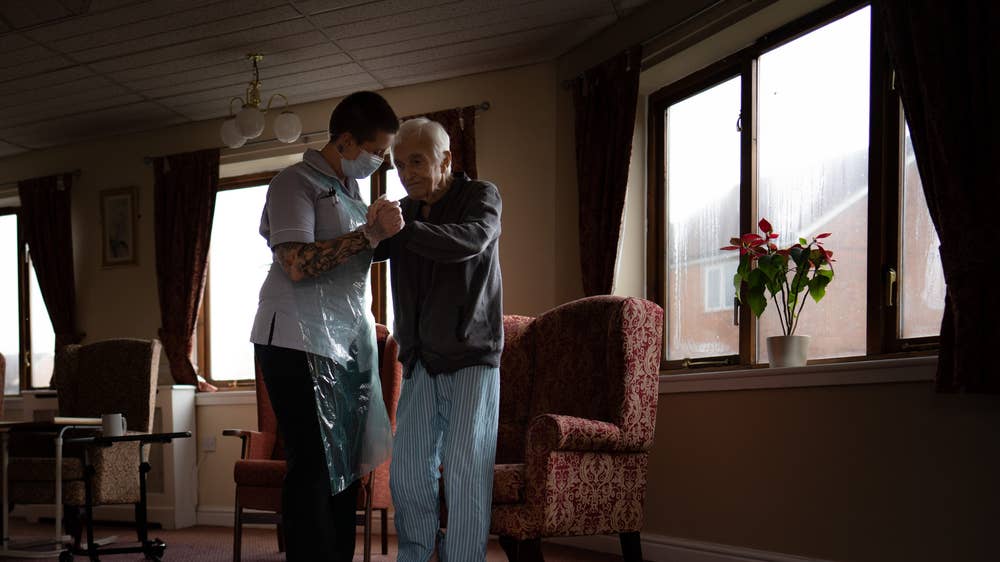
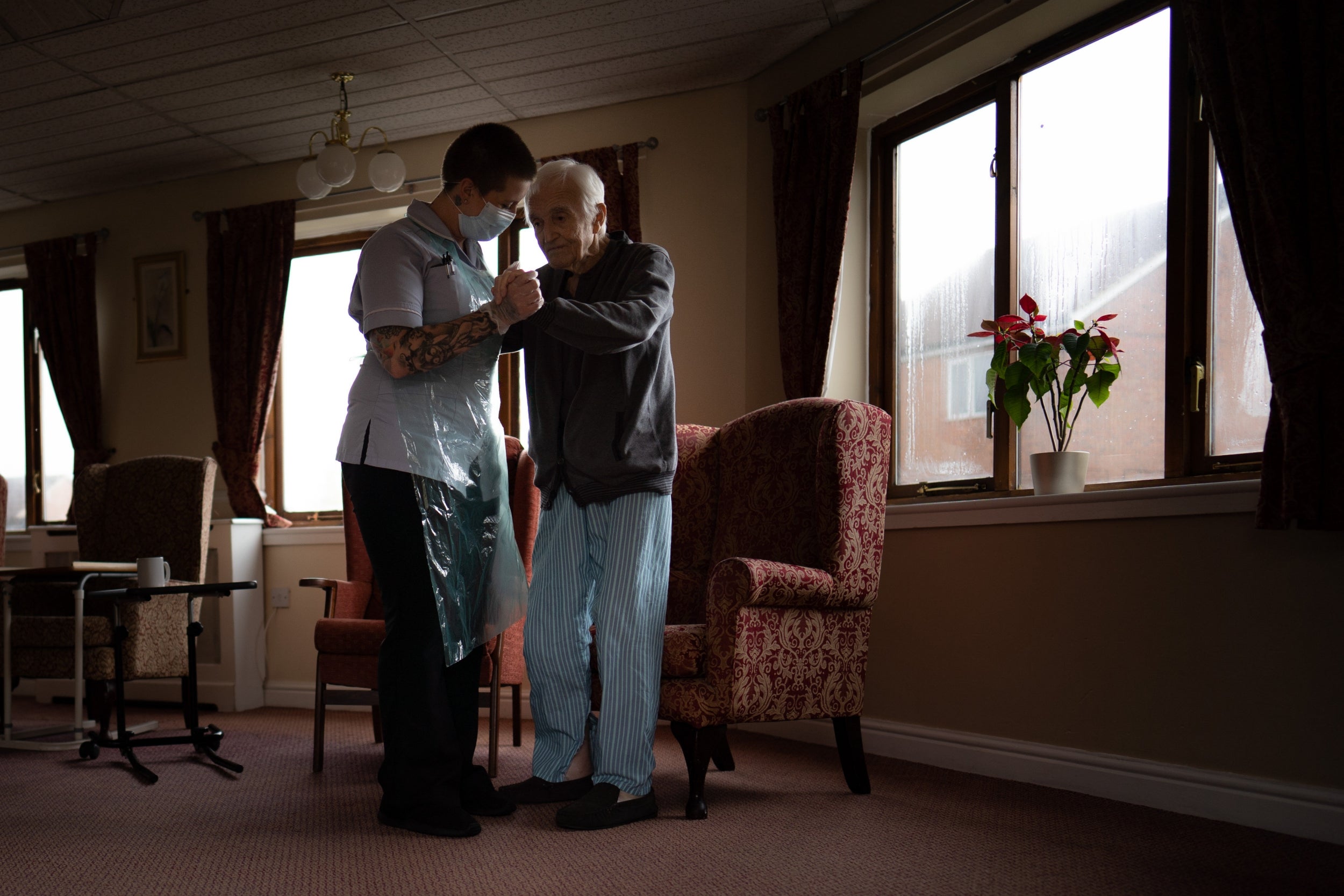
1/18
Jack Dodsley, 79, with a carer in PPE at Newfield Nursing Home
Tom Maddick/SWNS
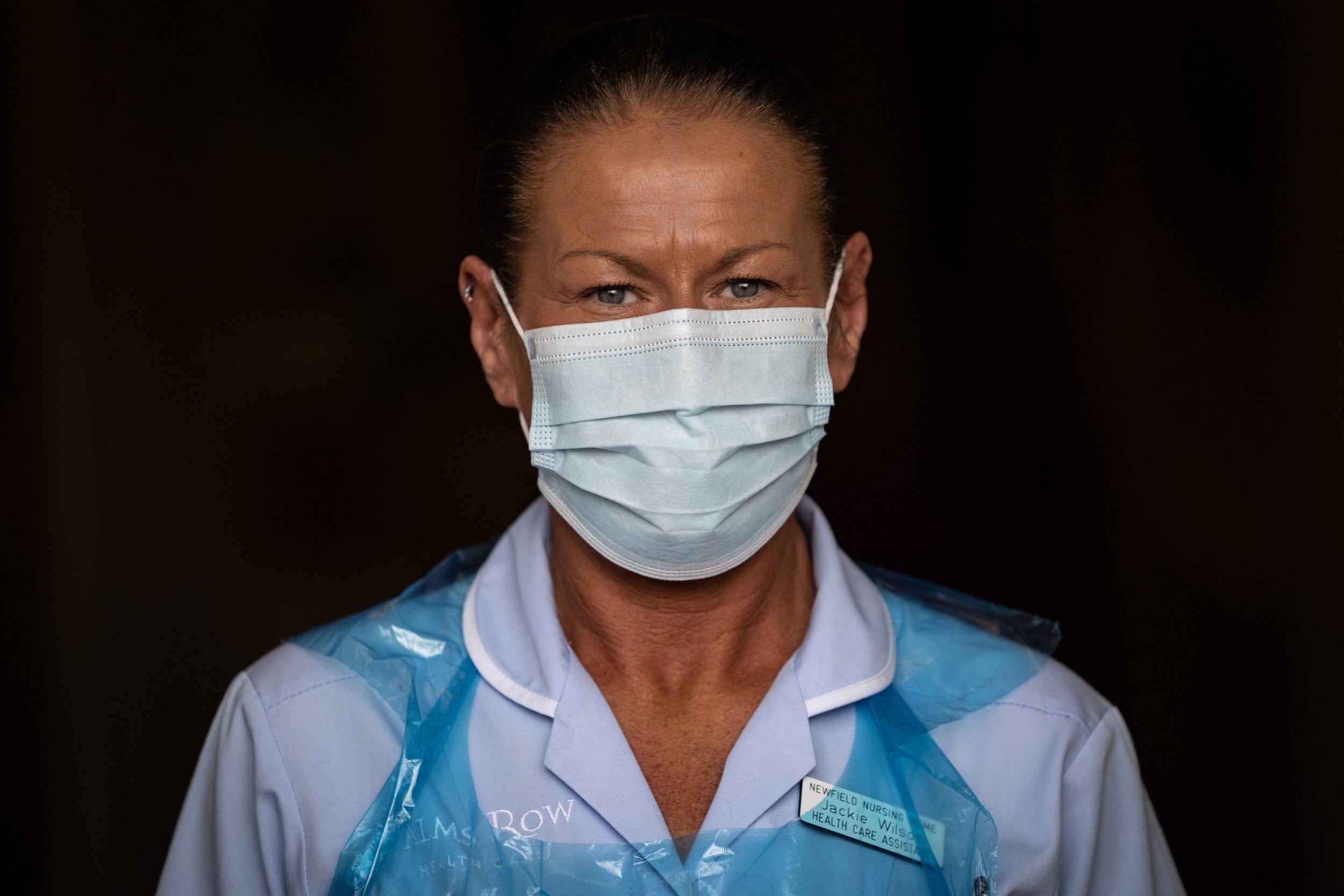
2/18
Jackie Wilson, a healthcare assistant, wearing PPE before going into rooms
Tom Maddick/SWNS
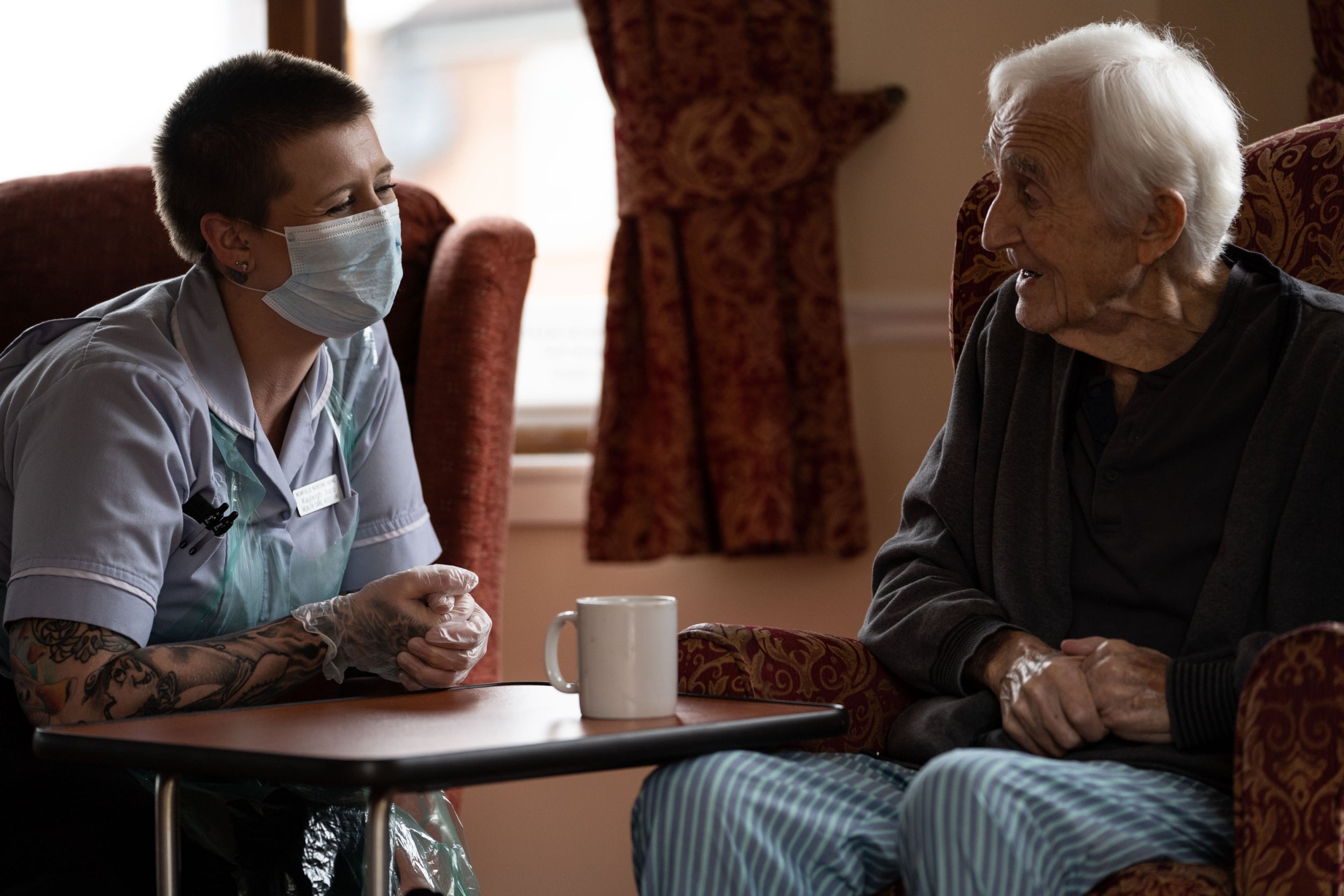
3/18
Jack Dodsley, 79, speaks to a carer at Newfield Nursing Home
Tom Maddick/SWNS
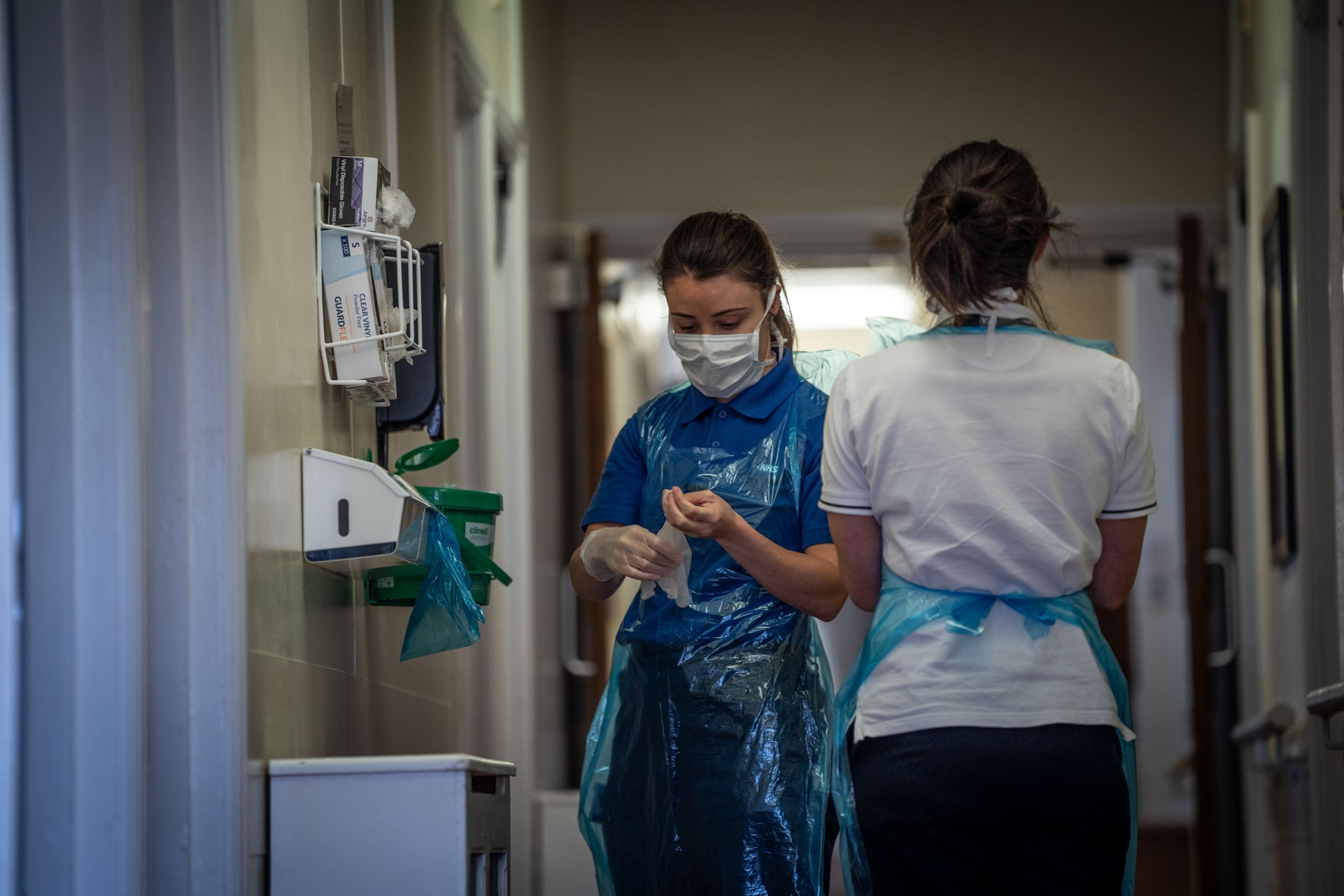
4/18
Carers working at Newfield Nursing Home
Tom Maddick/SWNS
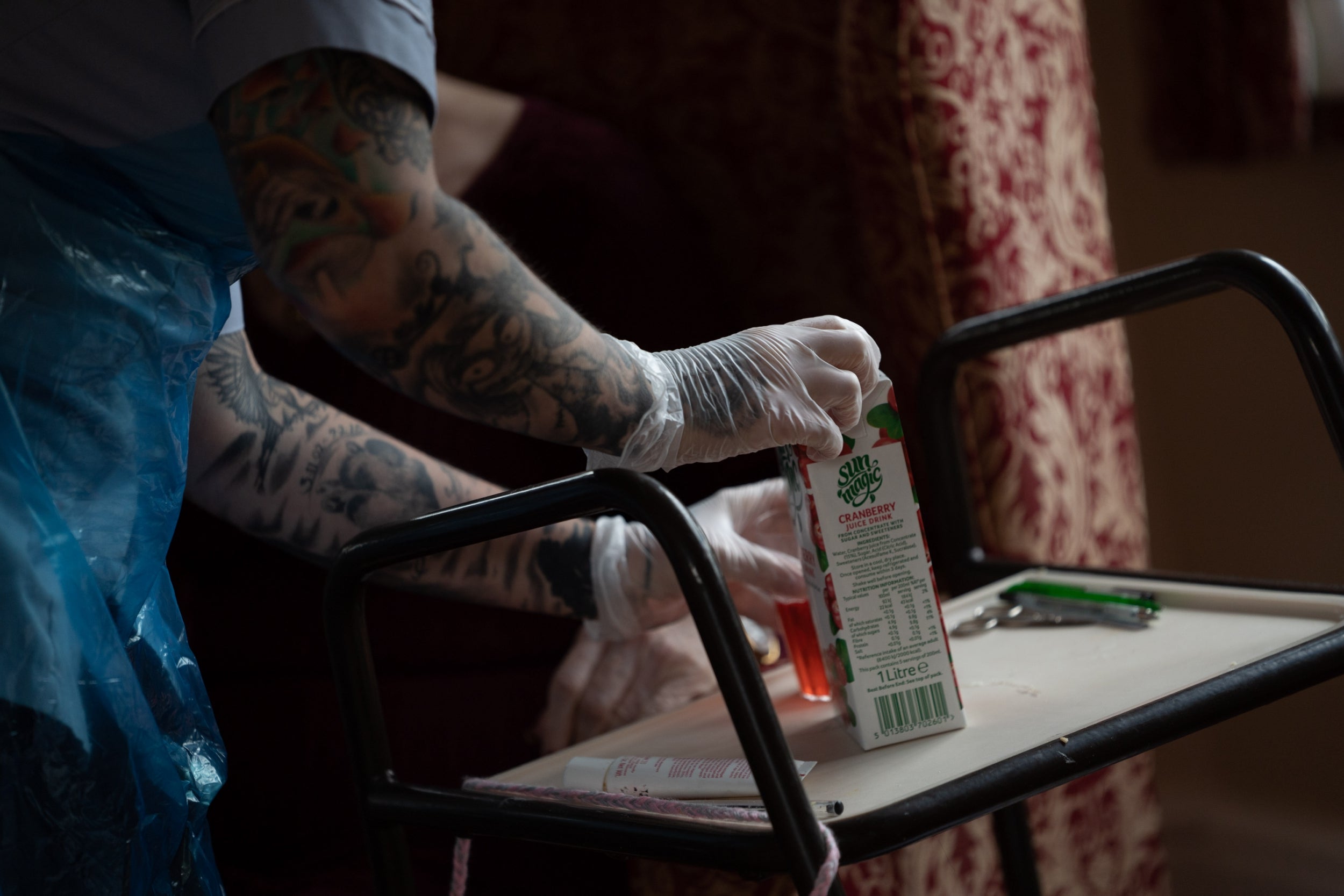
5/18
A care worker wearing PPE opens a drink carton
Tom Maddick/SWNS
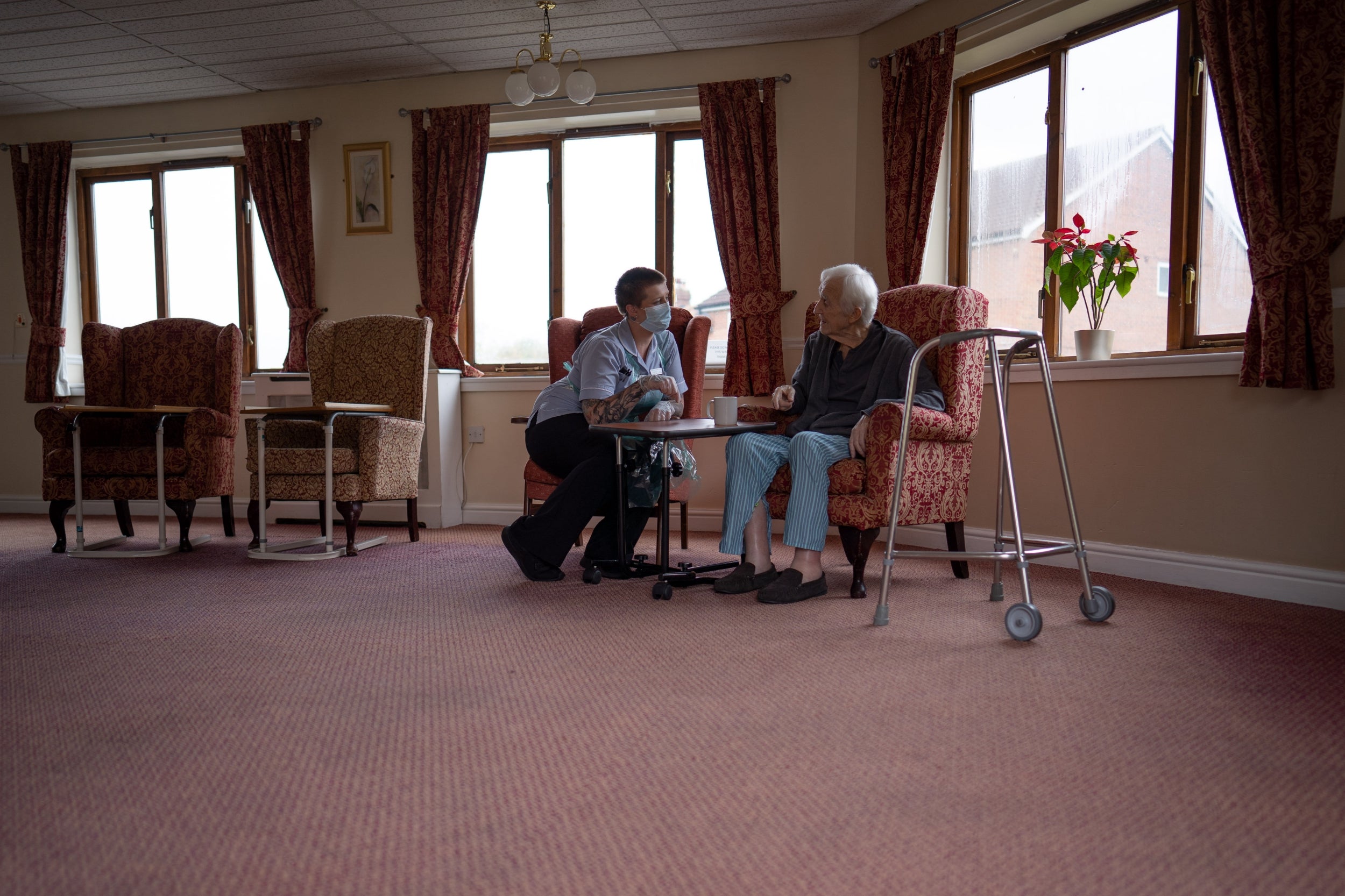
6/18
Jack Dodsley, 79, sits with a carer
Tom Maddick/SWNS
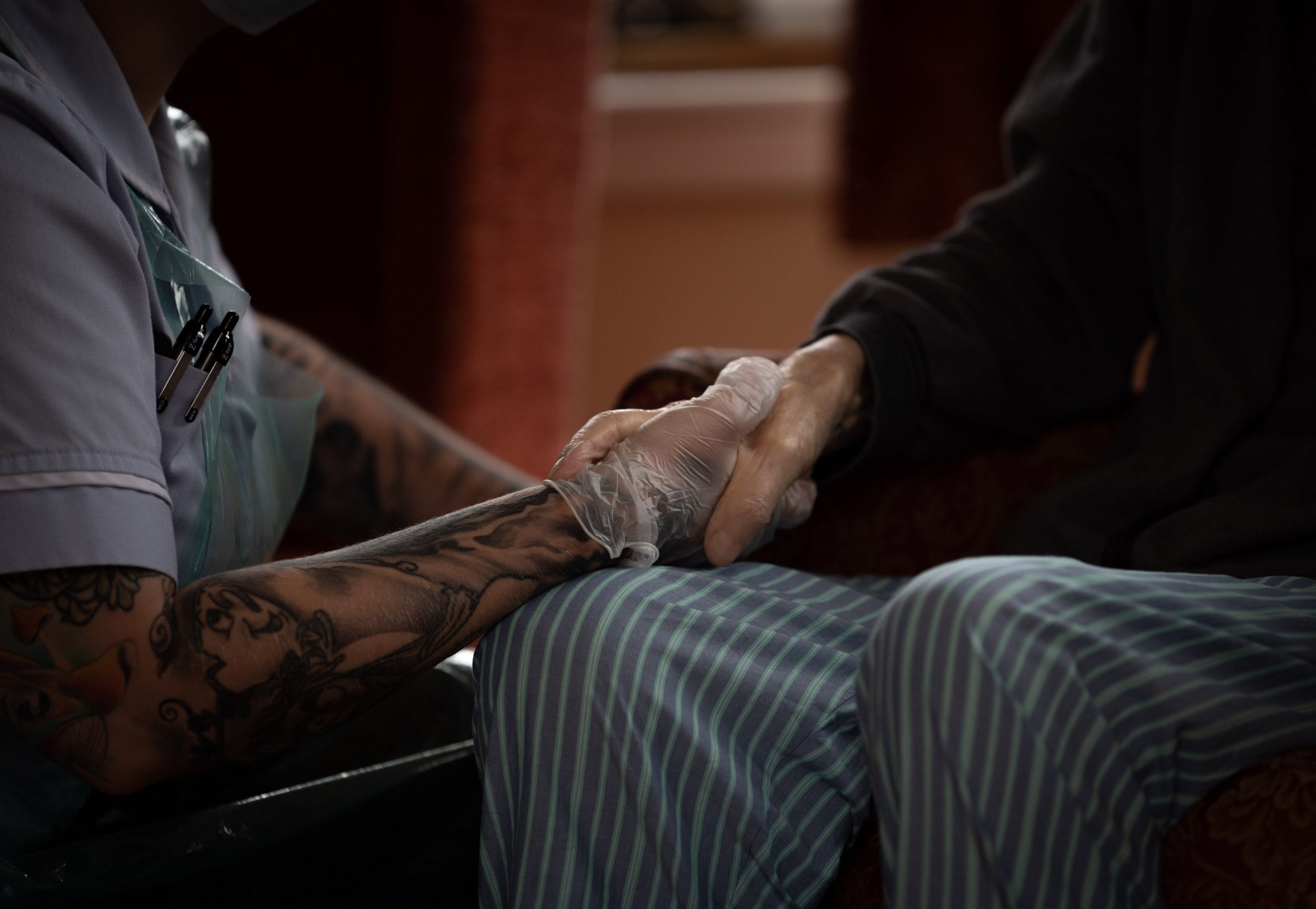
7/18
Jack Dodsley, 79, with a carer in PPE
Tom Maddick/SWNS

8/18
A care staff member wearing PPE
Tom Maddick/SWNS
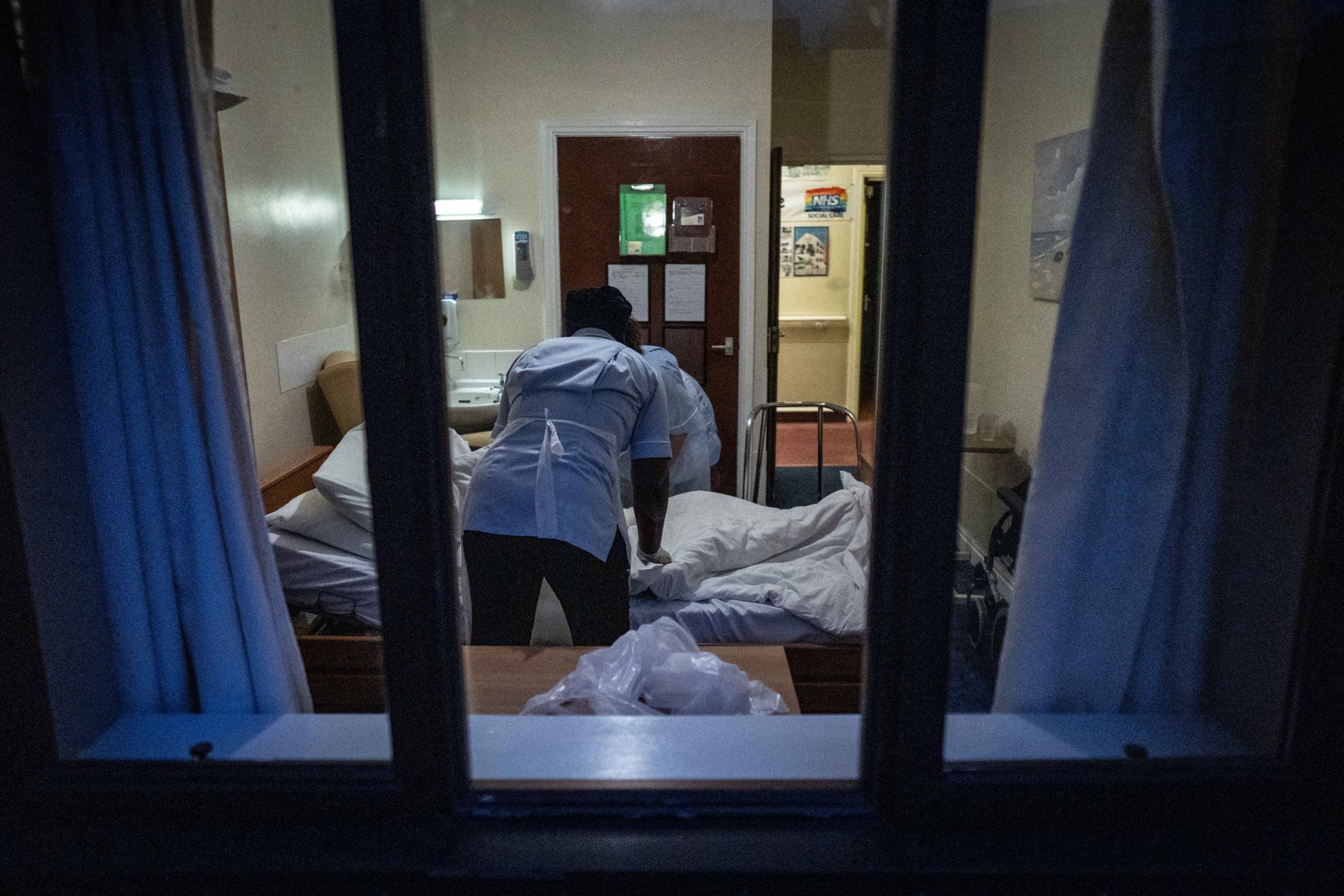
9/18
A staff member at Newfield Nursing Home looks after a resident
SWNS
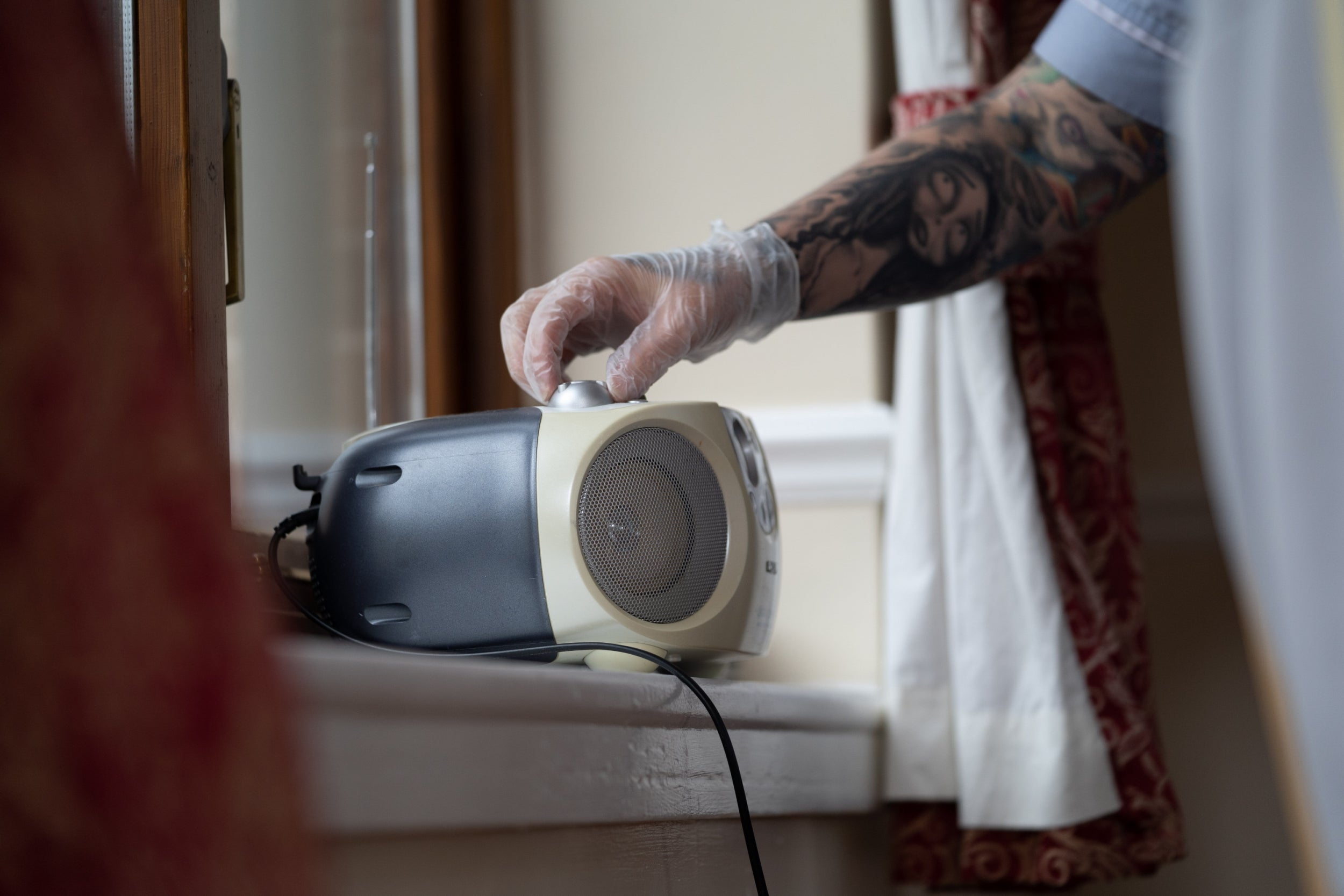
10/18
A carer wearing PPE uses a speaker
Tom Maddick/SWNS
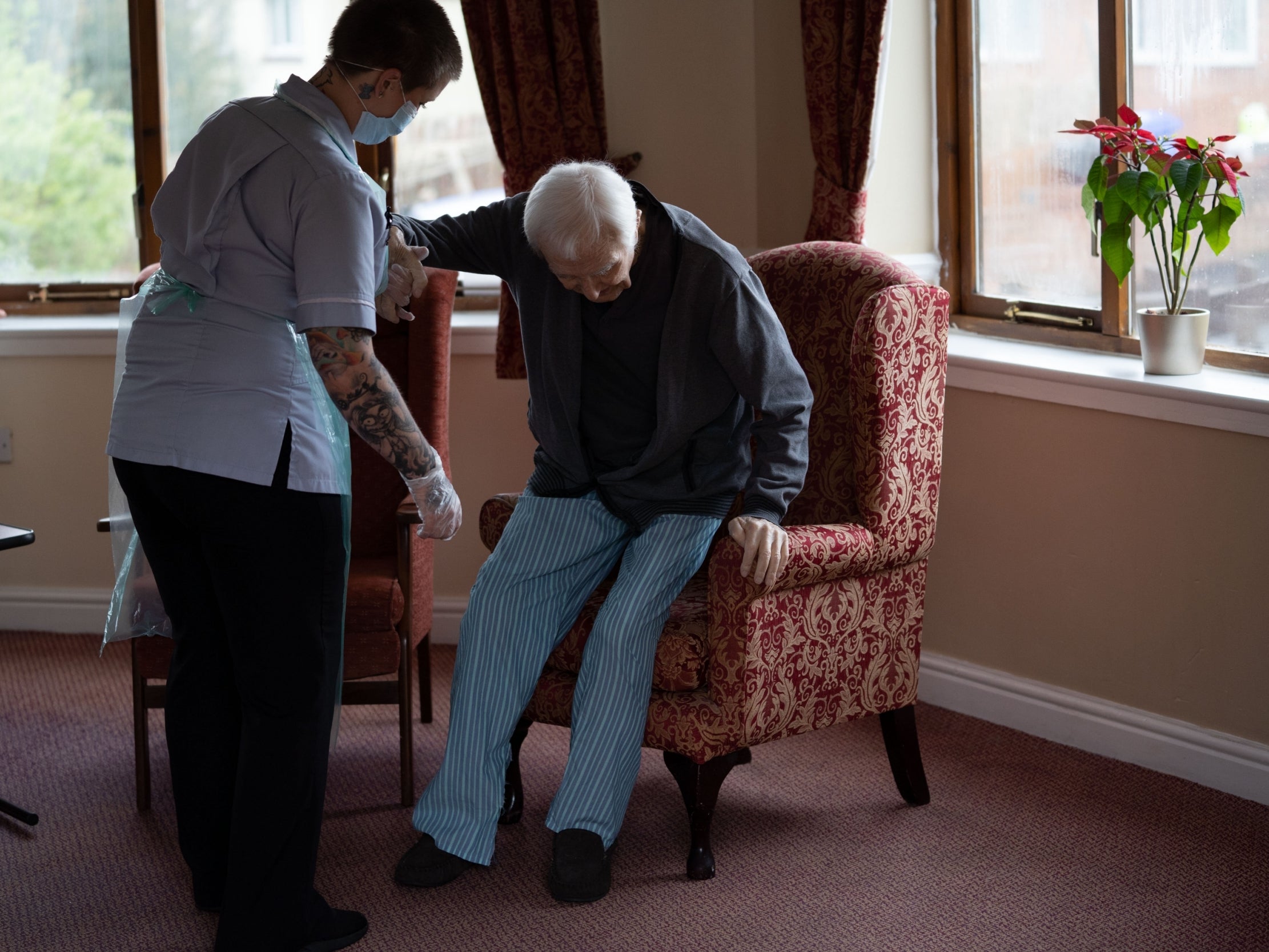
11/18
A carer helps Jack Dodsley, 79, from his chair
Tom Maddick/SWNS
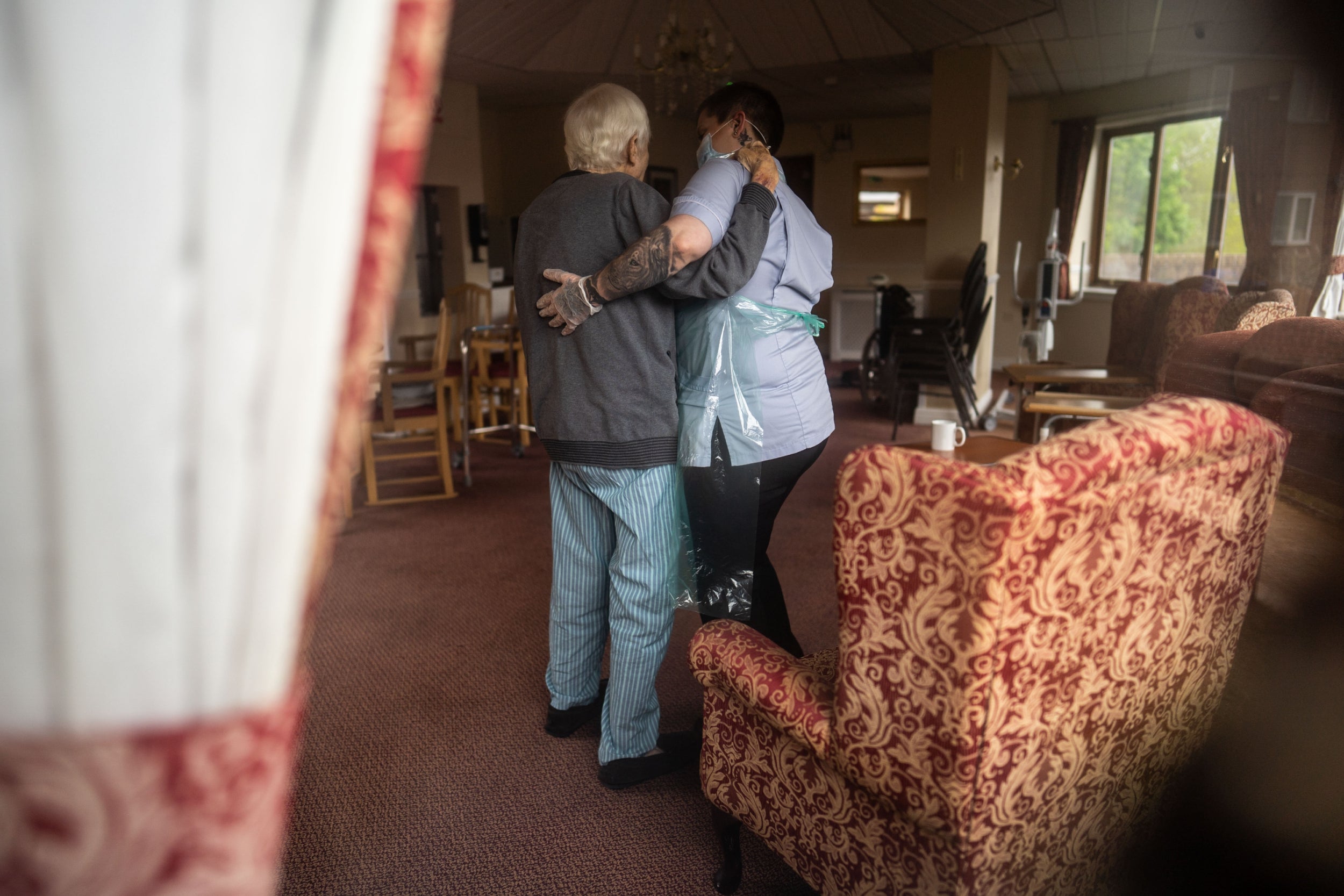
12/18
A carer wearing PPE helps Jack Dodsley, 79
Tom Maddick/SWNS
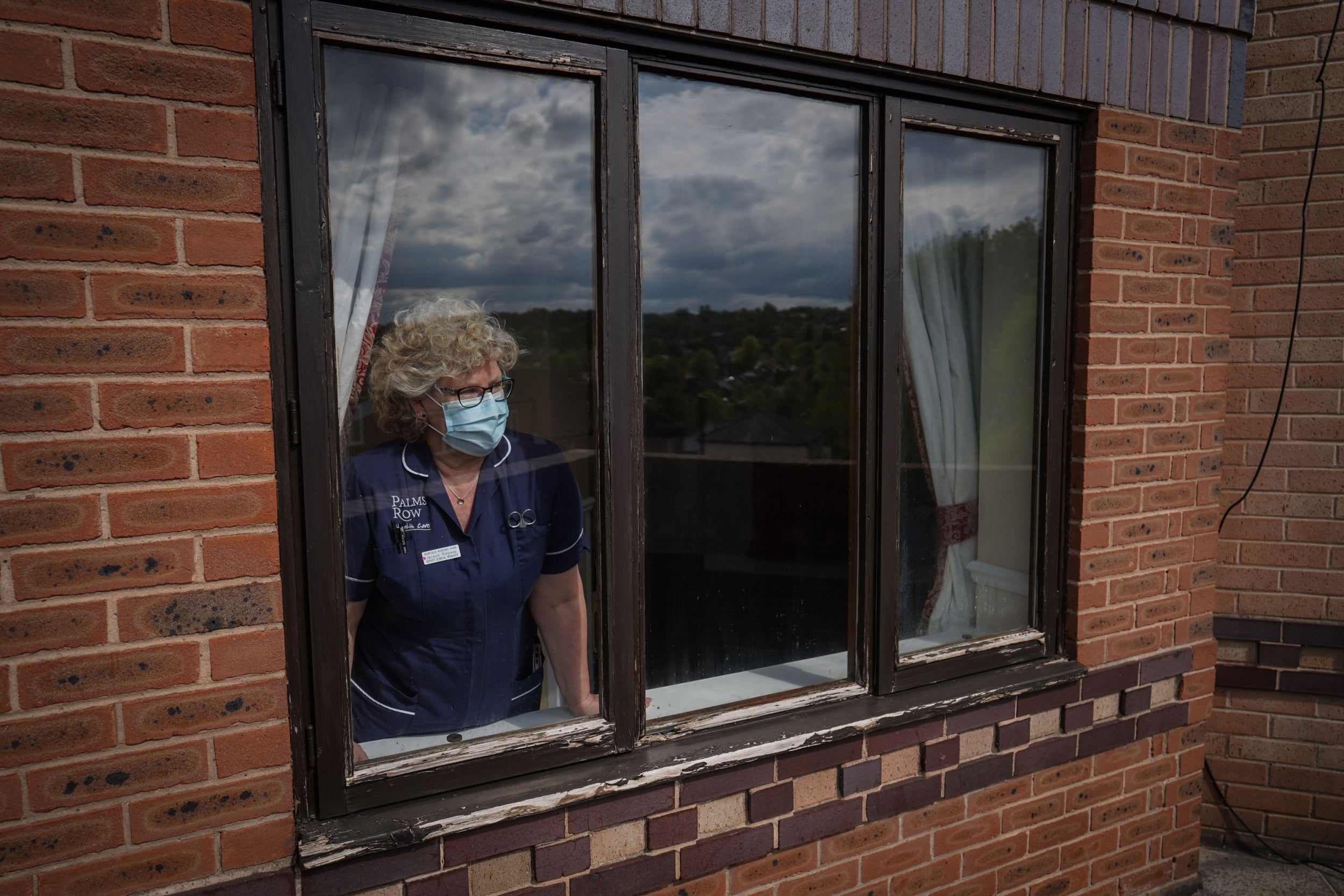
13/18
A staff member at Newfield Nursing Home
Tom Maddick/SWNS
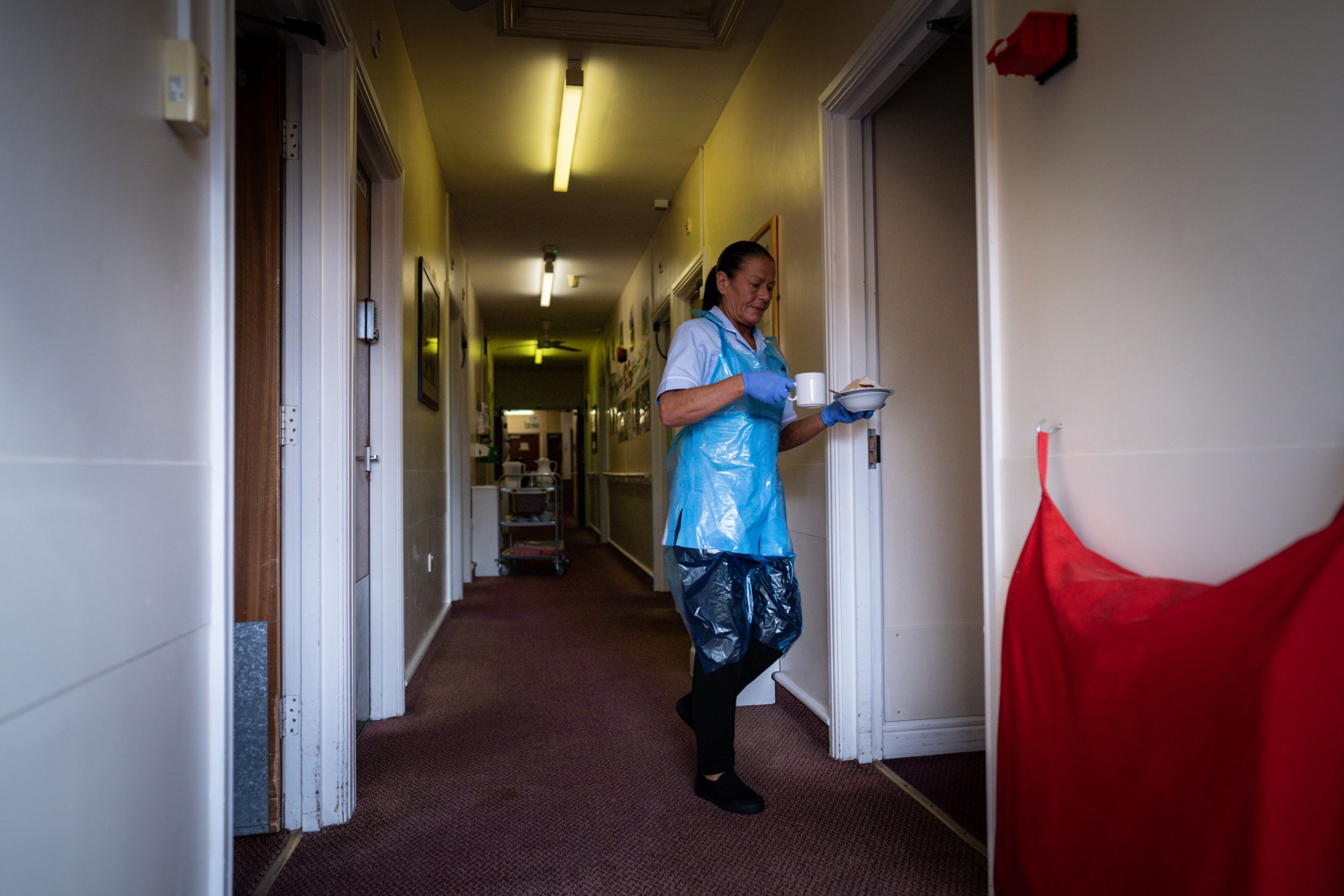
14/18
A carer brings food to a resident at Newfield Nursing Home
Tom Maddick/SWNS
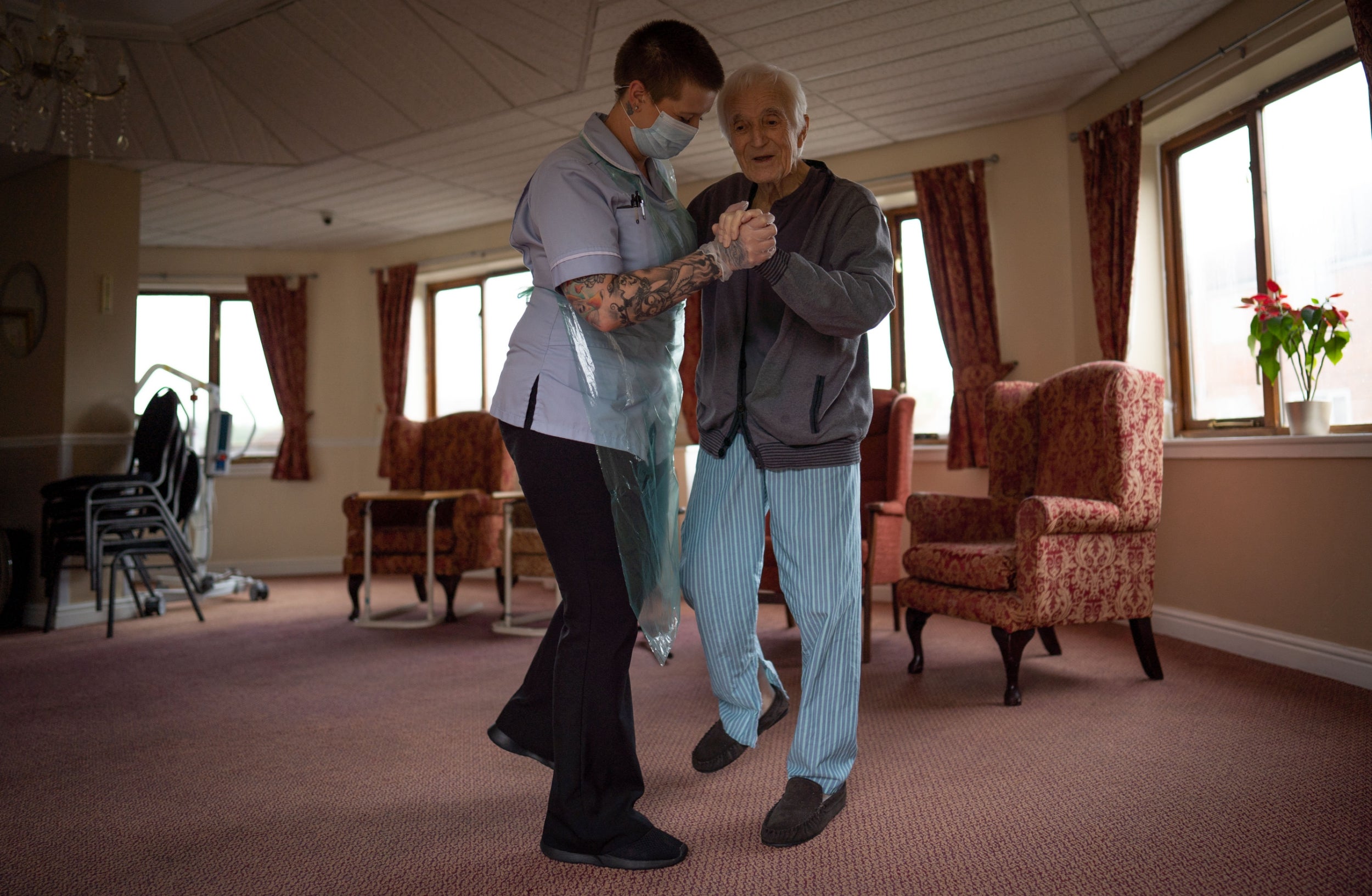
15/18
Jack Dodsley, 79, with a carer in PPE
Tom Maddick/SWNS
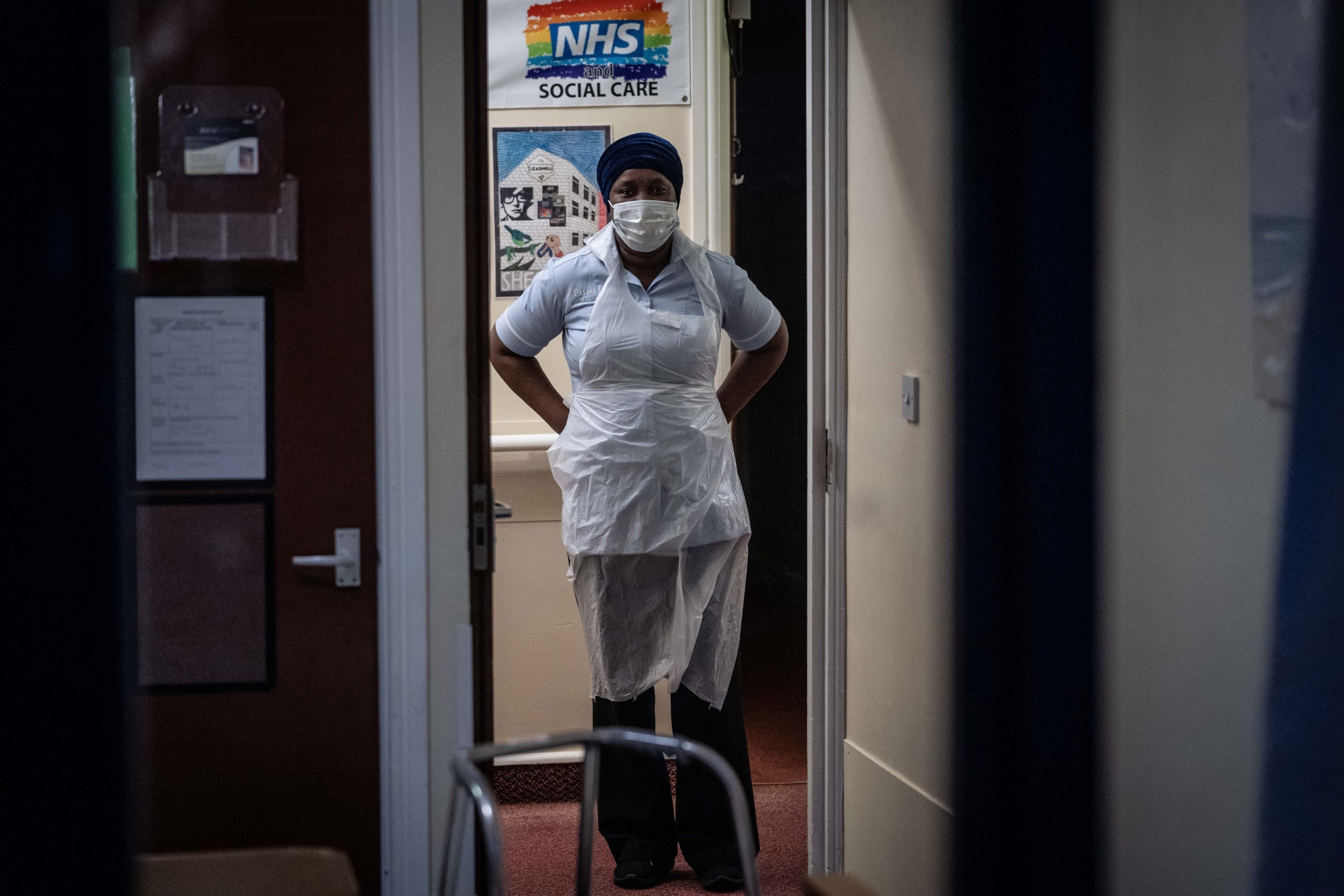
16/18
A staff member puts on PPE at Newfield Nursing Home
Tom Maddick/SWNS
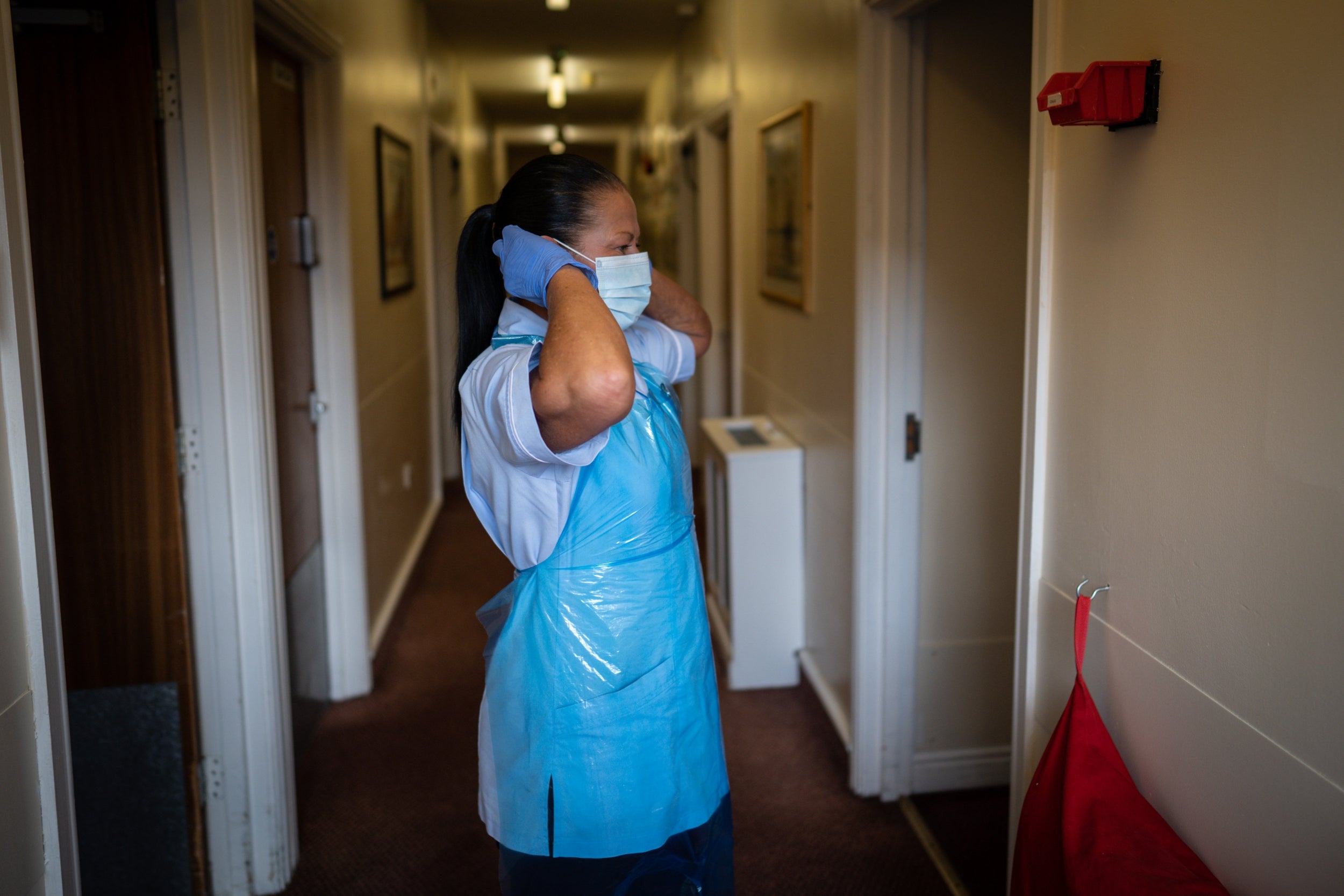
17/18
Jackie Wilson, a healthcare assistant, puts on PPE before she enters a room
SWNS
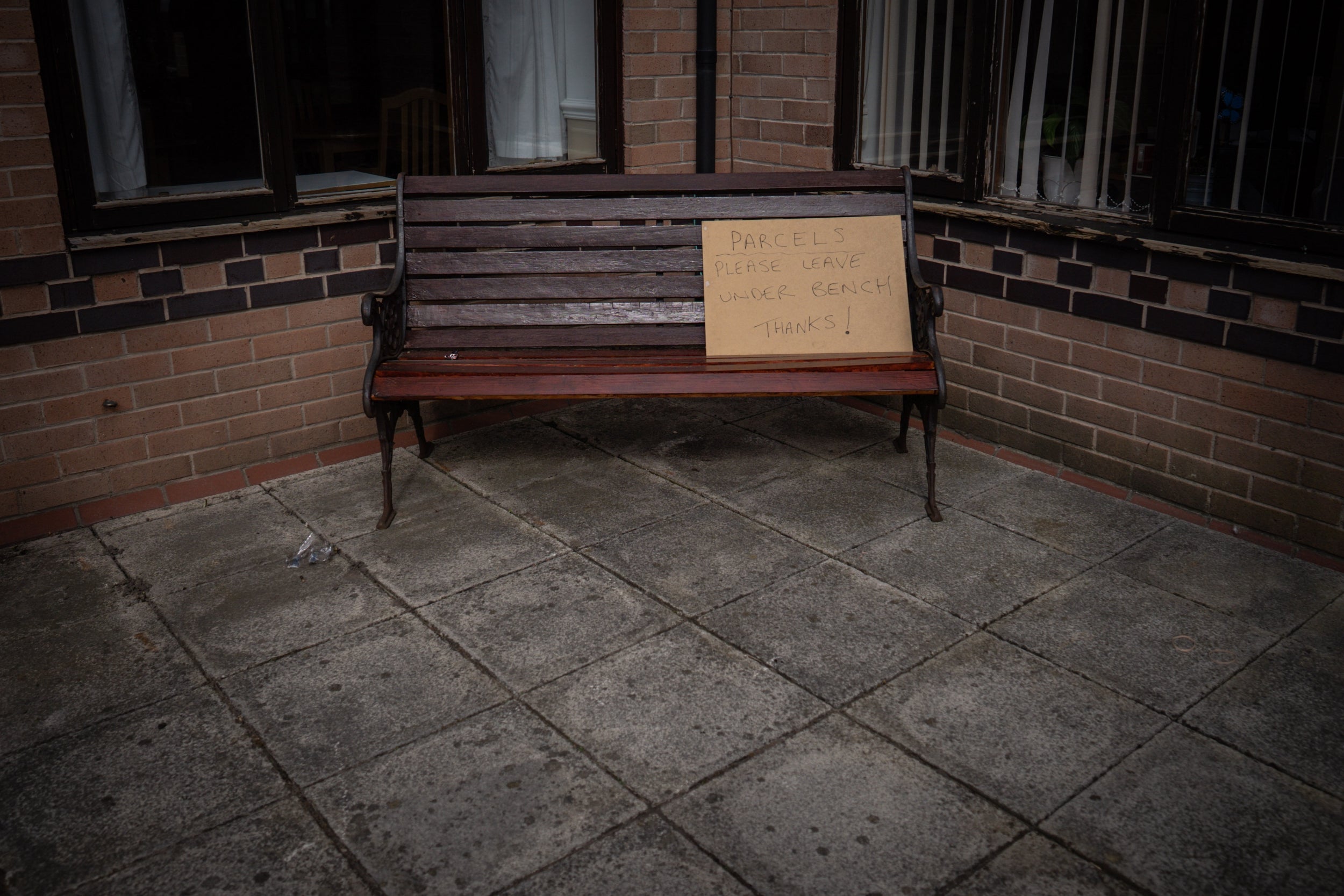
18/18
A bench at Newfield Nursing Home
Tom Maddick/SWNS

1/18
Jack Dodsley, 79, with a carer in PPE at Newfield Nursing Home
Tom Maddick/SWNS

2/18
Jackie Wilson, a healthcare assistant, wearing PPE before going into rooms
Tom Maddick/SWNS

3/18
Jack Dodsley, 79, speaks to a carer at Newfield Nursing Home
Tom Maddick/SWNS

4/18
Carers working at Newfield Nursing Home
Tom Maddick/SWNS

5/18
A care worker wearing PPE opens a drink carton
Tom Maddick/SWNS

6/18
Jack Dodsley, 79, sits with a carer
Tom Maddick/SWNS

7/18
Jack Dodsley, 79, with a carer in PPE
Tom Maddick/SWNS

8/18
A care staff member wearing PPE
Tom Maddick/SWNS

9/18
A staff member at Newfield Nursing Home looks after a resident
SWNS

10/18
A carer wearing PPE uses a speaker
Tom Maddick/SWNS

11/18
A carer helps Jack Dodsley, 79, from his chair
Tom Maddick/SWNS

12/18
A carer wearing PPE helps Jack Dodsley, 79
Tom Maddick/SWNS

13/18
A staff member at Newfield Nursing Home
Tom Maddick/SWNS

14/18
A carer brings food to a resident at Newfield Nursing Home
Tom Maddick/SWNS

15/18
Jack Dodsley, 79, with a carer in PPE
Tom Maddick/SWNS

16/18
A staff member puts on PPE at Newfield Nursing Home
Tom Maddick/SWNS

17/18
Jackie Wilson, a healthcare assistant, puts on PPE before she enters a room
SWNS

18/18
A bench at Newfield Nursing Home
Tom Maddick/SWNS
The TUC has called for the creation of a national recovery council to reshape the economy in the wake of the virus by offering a job guarantee scheme for young people as well as protecting public services, ending zero hours contracts, boosting the minimum wage and sick pay.
Ms O’Grady also expressed frustration at the government’s efforts to tackle race inequality in the UK, amid mounting evidence that black and ethnic minority people face a greater risk of dying from coronavirus.
She said: “I think it’s about time the government looked at the facts that black and ethnic minority people are much more likely to work in key jobs where they’re more exposed to the virus, much more likely to be on zero hours contracts, much more likely to be on low pay and can’t afford to take time off work when they’ve got symptoms, much more likely to face discrimination.”
Ms O’Grady added: “The evidence has been out there for years. Isn’t it time that the government took some action to ensure that black and ethnic minority workers got a fair chance in life, and fair treatment at work?
“There’s plenty that they could do. I’m not sure how many more reports they need.”
The union chief also raised questions over the government’s priorities in easing lockdown.
“My personal low point was when the government announced that it was going to reopen golf clubs and let nannies and cleaners back into her and it was like, ‘Enough said’,” she said.
“Because that planet is very different to the one I live on in terms of priorities and fails to understand some of the real problems that people are facing like, ‘How do I do my job, and look after the kids?'”
As non-essential shops begin to reopen on Monday, the TUC also published a survey of over 2,000 workers, which found that more than two in five who have worked outside the home throughout the crisis say they have not seen their employers’ risk assessments.


